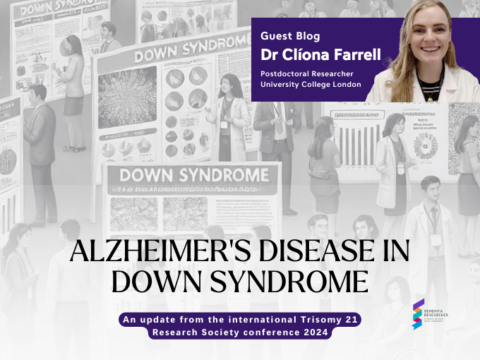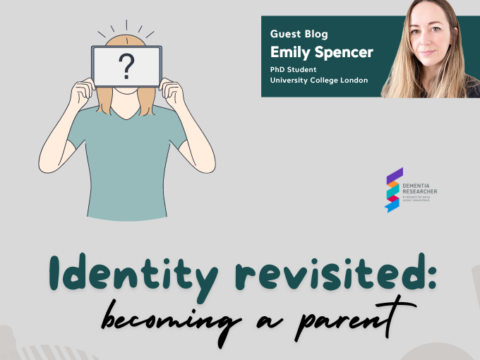
There seem to be a number of barriers to conducting research in an NHS setting, not least the complex ethical and Research & Development (R&D) process you have to do to get there. Then of course there is the process of finding and training the relevant individuals to deliver or do the research. organisations such as the NIHR Clinical Research Network (CRN) have been set up to support research in this way. Yet many studies need the clinicians on the ground, the front-line staff, to partake too. And this is where the daily pressures may impede the progress of a study dependent on a local collaborator. These collaborators may leave or go on leave, and are not always replaced. Services may be closed or moved. Unfortunately the CRNs do not usually (I’ve never met one) employ speech and language therapists (SLT). This means for studies involving SLTs the frontline staff may be asked to deliver everything. Speech and language departments are often small, and thus their time is precious. There is generally no financial compensation for time and resources that goes directly to the department.
What fascinates me is that the NHS seems like the ideal place to do this work given the that this is where we ideally envisage our research ultimately having an impact. By doing research with real participants we are more likely to identify barriers or candidacy issues. Local clinicians can feedback what is realistic to deliver – and help iron out unrealistic components.
Do we need to advocate for funding to support or backfill the clinicians doing he work? That has certainly been a request from a number of SLT departments. Do we need to promote a culture of research? I have occasionally been advised that it is a luxury for SLTs to be involved in research. This is ever so frustrating. Research underpins practice, and quality improvement, and is thus essential. There are few clinicians researchers in SLT- there are few funding pathways to support this. But this seems like a useful approach- the more clinician researchers there are the more normal it will seem. Should we be more selective with whom we involve in research? My experience is that front line staff are rightly worried about their patients and don’t wish to overburden them.
Perhaps we can learn from other clinical areas such as cancer- here staff are often involved in delivering research and clinical care, here research is seen as necessary and here patients expect to be offered to participate in research. The culture is such that this is normal, usual and offered to patients at all stages of their disease trajectory. Perhaps we could take a leaf out of their book- and offer research to more of our participants, so they can choose. And perhaps we need a better infrastructure as well as a culture shift to do so? The infrastructure and the funding may be more challenging but we can only ask and ask and ask again.
Information on how healthcare professionals can start their research career is available here from the NIHR Academy.
Author
Anna Volkmer is a Speech and Language Therapist and NIHR Doctoral Research Fellow working in Language and Cognition, Department of Psychology and Language Sciences, University College London. Anna is researching Speech and language therapy interventions in language led dementia and was once voted scariest speech and language therapist (even her children agree).

 Print This Post
Print This Post




